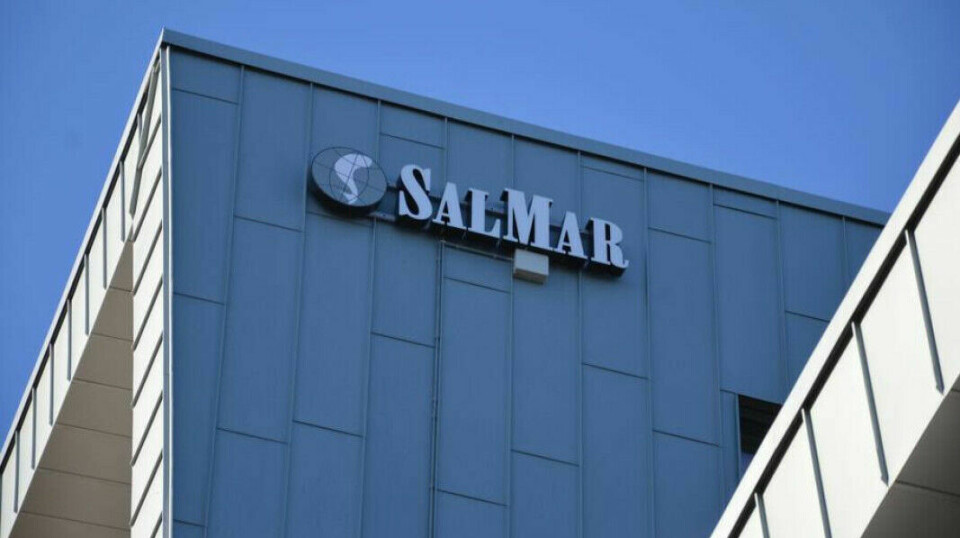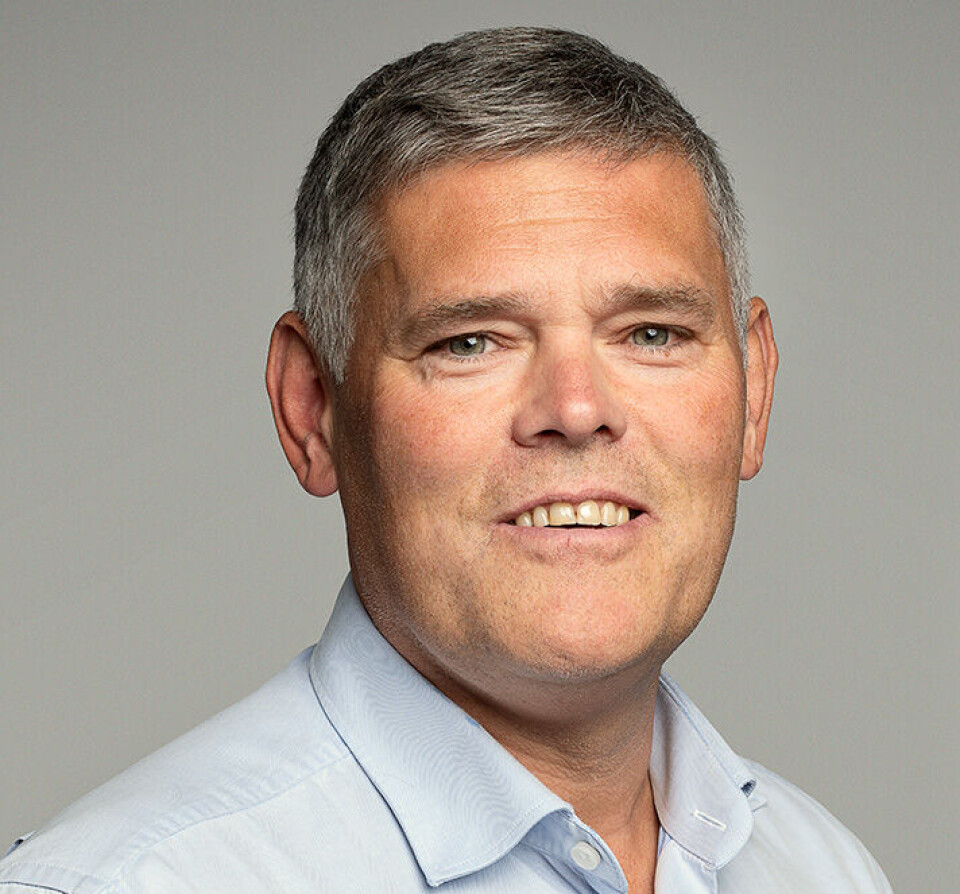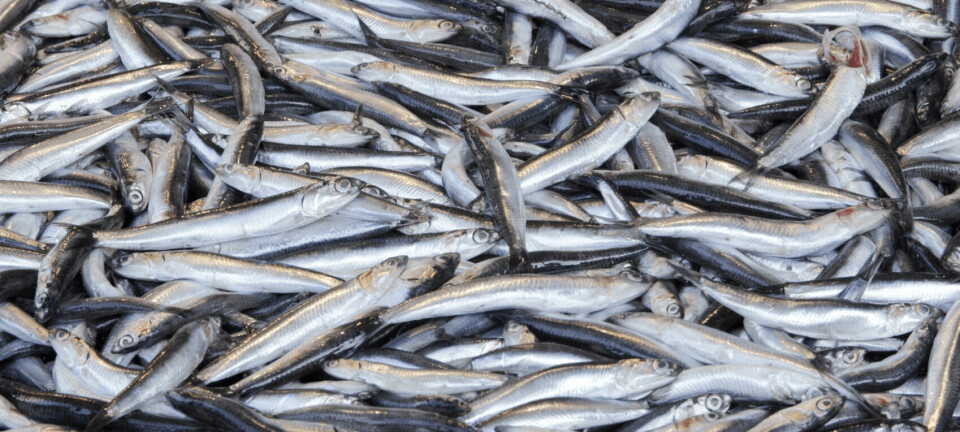
‘We have never delivered as much salmon as we did in 2022’
SalMar harvested 197,000 tonnes last year and made operating profit of NOK 4.465 billion
Scottish Sea Farms co-owner SalMar harvested 62,700 gutted weight tonnes of salmon in the fourth quarter of last year and 193,700 gwt for the whole of 2022, it said in its Q4 2022 report published today.
The Q4 volume included a contribution from NTS, NRS and SalmoNor, which were consolidated into SalMar with effect from November 2022.
“We have never delivered as much salmon to customers all over the world as we have done in 2022,” said chief executive Frode Arntsen. “This has resulted in a good financial result for the full year which is driven by strong operational performance and strong demand of salmon with consequently increased salmon prices.”
NOK 23.05 per kilo
SalMar, which is now the worl’d second largest salmon farmer, made an operating profit of NOK 4.465 billion (£358 million) and operational EBIT per kg of NOK 23.05 in 2022. Q4 2022 resulted in a total operational EBIT for the group of NOK 1.006 bn.
Scottish Sea Farms, which SalMar owns 50/50 with Lerøy Seafood Group, made a £10.4 m operating loss in Q4 (EBIT/kg NOK -17.46) due to biological problems caused by micro-jellyfish and amoebic gill disease.
Biological challenges also affected SalMar’s result in Central Norway (EBIT/kg NOK 14.84), while Northern Norway continued to deliver strongly (EBIT/kg NOK 32.29).
Tax warning
SalMar followed Mowi and Lerøy in using its Q4 report to warn about the consequences of a proposed 40% tax on salmon production in Norway.
“Both level and structure will divert investments from aquaculture in Norway to other countries and other industries,” said Arnsten. “In addition, the proposal will reduce the investment capital in Norway’s largest renewable export industry.

No other country has introduced a tax of this kind and at this level on its food production
SalMar CEO Frode Arntsen
“This will strongly affect innovation power and investments on the Norwegian coast, the result will reduce the Norwegian industry and ownership and put Norwegian industrial workplaces and Norway’s position as the leader in the industry at risk.
“No other country has introduced a tax of this kind and at this level on its food production. It is still unclear to us what framework conditions we will have to deal with two months into 2023; this is unsustainable for one of Norway's most important export industries.”
Untapped potential
Nonetheless, SalMar said it was firmly committed to continue to lead the industry and create sustainable growth and value on the terms of the salmon.
“We see a large and untapped potential for improvement and growth in all parts of our business, not least in within our existing licenses,” said Arntsen.
“In the fourth quarter we have also implemented the operational structure for ‘new’ SalMar in Norway, and we will during 2023 optimise our operations to take advantage of the potential we see in the acquisitions we have made."




















































